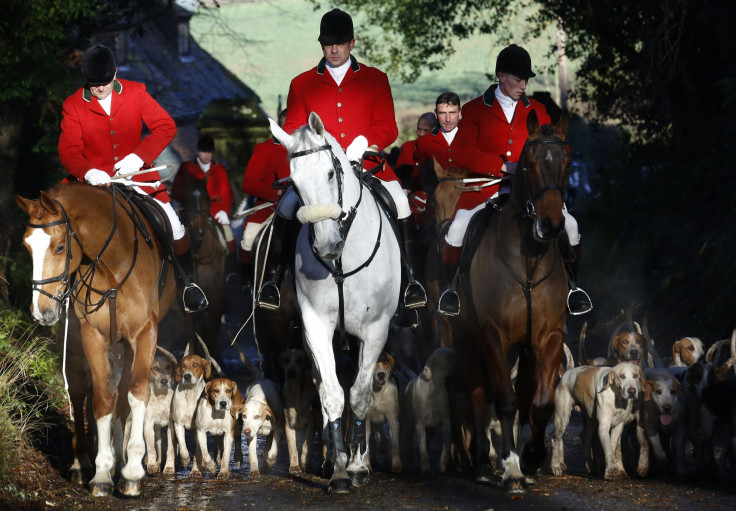What Is Boxing Day? Facts You Need To Know About The British Holiday

It’s the day after Christmas and all through the house, presents and wrapping paper are making a mess. But if you live in the Commonwealth of Nations — think Britain and its former colonies — the day after Christmas is another holiday: Boxing Day. Boxing Day in the Commonwealth is similar to Black Friday in the U.S., where families enjoy leftovers, sales, shopping and sporting events. Here’s everything you need to know about the day.
Why is it called Boxing Day? There are several stories surrounding the origin of the name of the holiday. One dates back hundreds of years to when churches would leave alms boxes open for the needy on the day after Christmas. Another points to the Christmas carol “Good King Wenceslas,” indicating the king saw a poor man and decided to deliver him plenty of food in boxes. Yet another — a “Downton Abbey” sort of version — describes the day after Christmas as the time when servants would receive presents in boxes.
How is it celebrated? These days, Boxing Day is known for sales and all the related shopping, as well as soccer matches, horse races and hunting. It became a holiday in the U.K., Ireland, Canada and other countries, such as Jamaica, in 1871. It is an official bank holiday. Fox hunting used to be a big part of the holiday until it was banned in the 2000s at the behest of animal-rights campaigners. However, the tradition of helping the poor continues, with schools filling boxes with charitable items to donate to those in need.
What are other names for Boxing Day? The holiday is called either St. Stephen’s Day or the Day of the Wren in Ireland while it is known Stephen’s Feast Day on the Isle of Man. St. Stephen is known for almsgiving, especially to widows. And the Day of the Wren name has its origins in men going out to hunt a wren: If caught, it was usually paraded through town on a pole.
© Copyright IBTimes 2024. All rights reserved.






















